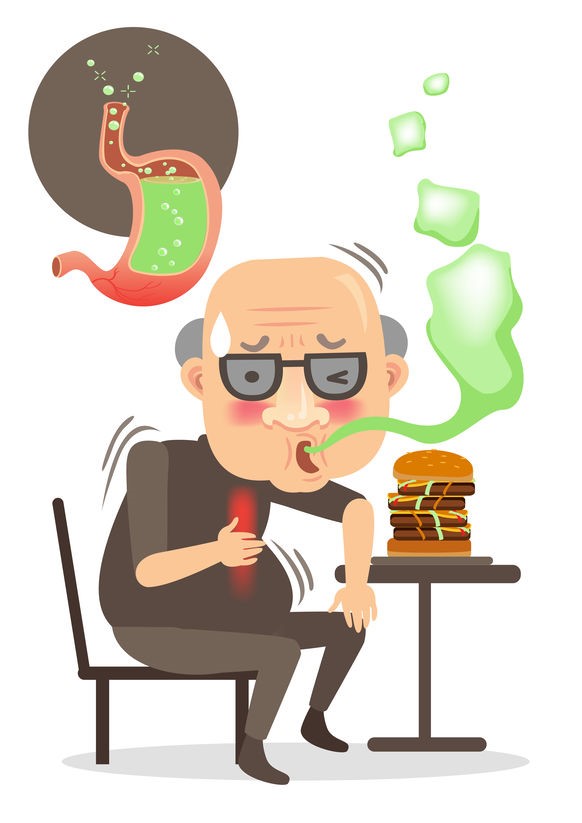Inflammation is the natural response your body has when it comes to injuries and infections. Normally, it would be a great defense mechanism that can help protect your body. What it does is it helps your body heal via guiding immune cells and nutrients to the affected area. Localized inflammation is ok, but whole-body inflammation can be damaging for your body. It can lead to cancer, arthritis, heart problems and a huge range of other health issues.
The way you counteract such a problem is via eating a diet rich in anti-inflammatory foods. Some of them offer results fast; others will require a daily intake in order for you to get a good outcome.
What makes green tea so good for fighting inflammation is its ingredients. We are talking more specifically about phytochemicals that are known to fight inflammation and which also allow your joints to stay in good shape for the long term.
In addition, green tea also has antioxidants, and a huge range of compounds that help you eliminate any signs of inflammation well before any issue will happen. But how much green tea should you drink per day? That depends on you. Yet most people will tell you that 3-4 cups daily will be the right option. Of course, a trial and error approach are necessary. It all depends on how much inflammation you are dealing with and what the doctor says too. While you can start drinking green tea without asking your doctor, it’s important to talk with him if you want to identify the right daily intake.
Spices
There are plenty of spices that can be used to fight inflammation. But as you may imagine, some of them are better than others in this regard. Turmeric, cinnamon, garlic, and ginger seem to be some of the best out there.
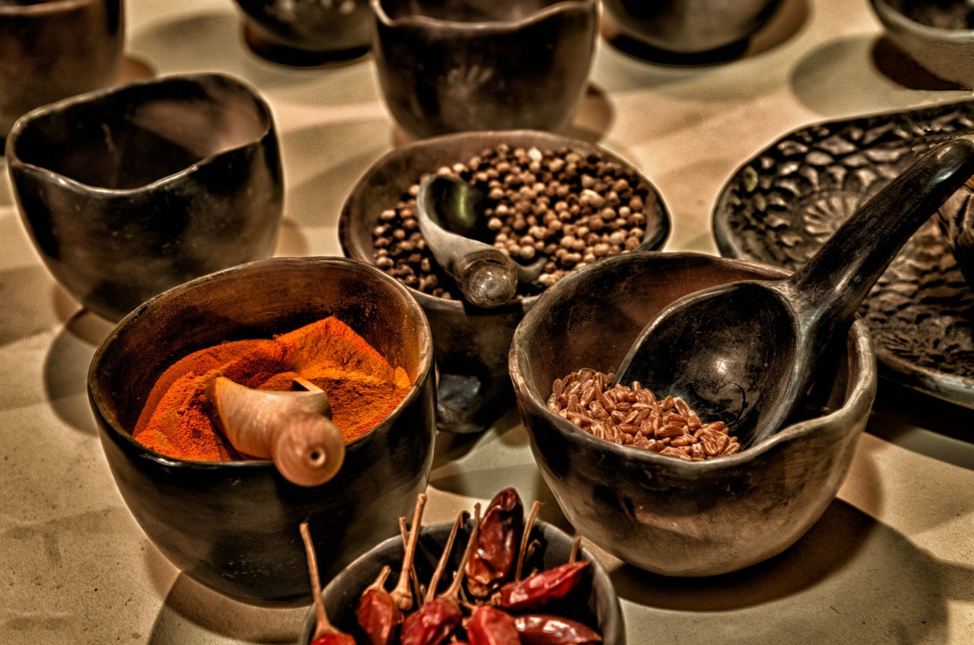
You can easily add these to your diet by putting them in a juicer (alongside veggies) and creating green juice. It’s one of the best ways to eliminate your own healthy juices naturally. You get to lose weight this way, and you even have the opportunity to avoid any unhealthy compounds too. So yes, this can be well worth the effort, and it’s not extremely expensive to add spices to your diet this way as well.
Fruits and vegetables
What type of foods are rich in antioxidants? Fruits and vegetables, in particular, are known to deliver a tremendous return on investment here. The more colorful fruits you eat, the better, as they have a huge range of phytochemicals and that’s extremely helpful. Papaya, cherries, watermelons, blueberries, strawberries, and plums would be a very good example.
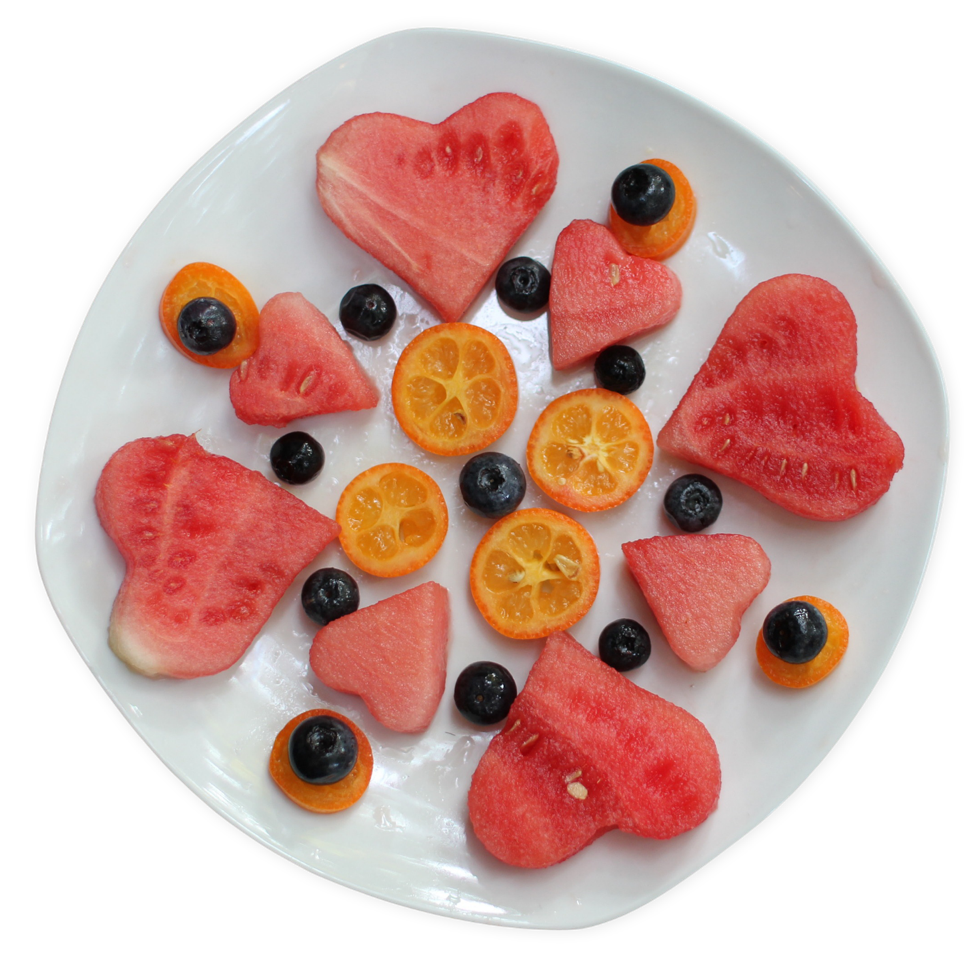
When it comes to veggies, you can opt for sweet potatoes, turnip greens, bell peppers, and pumpkins. Some other great additions would be some spinach, squash, cauliflower and so on. The idea is that you can either create some healthy juices with them and some spices, or you can just include them in your dishes if you want to. The possibilities are limitless here, but you need to be focused on results and value as much as you can!
Olive oil
Olive oil has natural anti-inflammatory agents and it’s the reason why a lot of people don’t have any heart diseases if they opt for the Mediterranean diet. It’s a good idea to use it for cooking if you want to stay healthy, and you should replace veggie oil or butter with it.
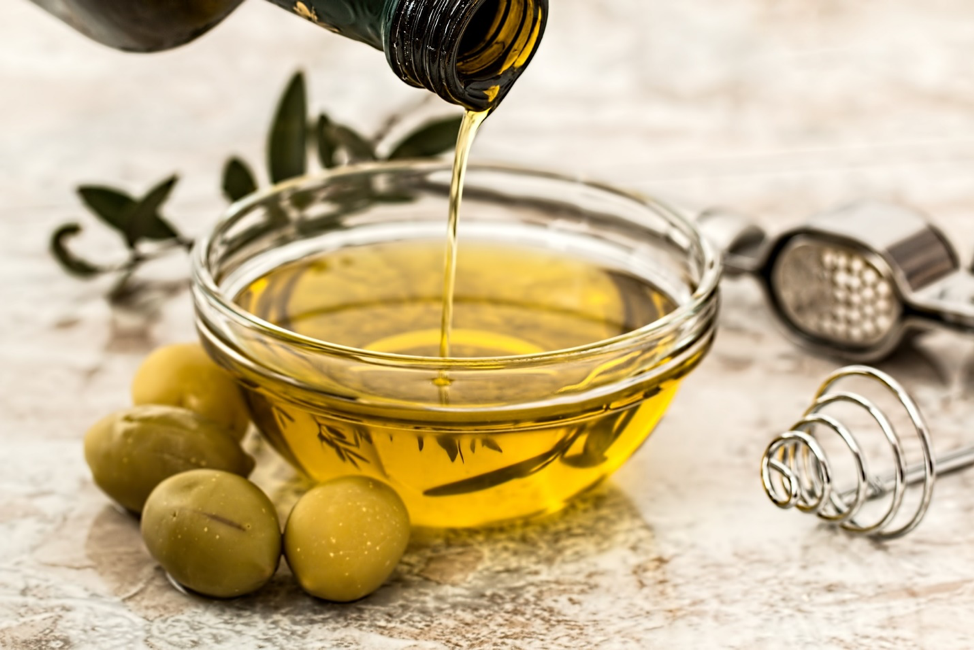
If possible, you need to use extra virgin olive oil. This has fewer chemicals and extra compounds, which makes it a lot better than many other options on the market at this time. Of course, you shouldn’t use too much of it. Stick to the regular amounts you would use per meal, don’t overdo it.
Omega-3 foods
Maybe the primary issue behind inflammation is that there’s not a balance between the omega-6 and omega-3 fatty acids. The imbalance in any modern-day person’s diet can lead to inflammation, so the best thing you can do here is to increase your omega-3 food consumption. But where can you get these much-needed fatty acids? That’s up to you, but some of the best sources would be fish, walnuts, and flaxseeds. When it comes to the type of fish that can help you deal with inflammation, that would include mackerel, salmon, herring and sardines or anchovies.
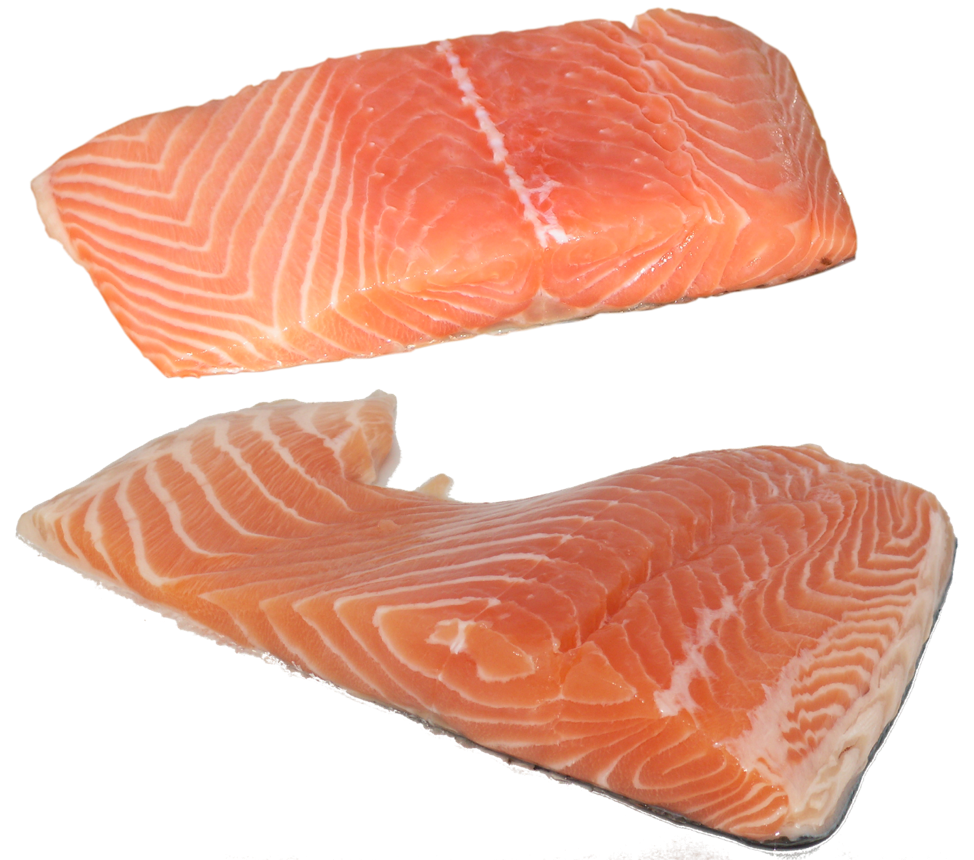
A good idea here would be to use fish oil and fish oil supplements. The problem here is that some of these fish oil products include omega-6 fatty acids and not omega-3. So, you do need to study the ingredients and make sure that you purchase the right product, just to be safe and certain that it’s all good.
What other foods should you consider?
The aforementioned 5 foods should be the best ones if you want to fight inflammation. But there are some other options too, in case you want to have some very good results as well. Garlic, for example, is known to eliminate inflammation quite fast. Oregano and thyme or basil are good for cooking, and they help you deal with inflammation too.
Chocolate is anti-inflammatory as well. But not every type of chocolate. If you use this approach, opt for the one that has low fats and which includes plenty of nuts and fruits. That’s a good way to keep the inflammation down.
Beans, onion, whole grains, avocados and many others are offering you lots of anti-inflammatory benefits as well. You should always try to include as many of these in your diet, just to be safe.
Conclusion
While it can be hard to change your diet a little bit, there’s no denying that these foods are very good against inflammation. Adjusting your diet and making sure that you handle them correctly is a priority, so try to keep that in mind. It’s safe to say that once you include at least a few of these great anti-inflammatory foods in your diet, the outcome can be incredible. So yes, if you want to eliminate inflammation for your body or at least keep it under control, all the foods listed above will be able to help you with that!





